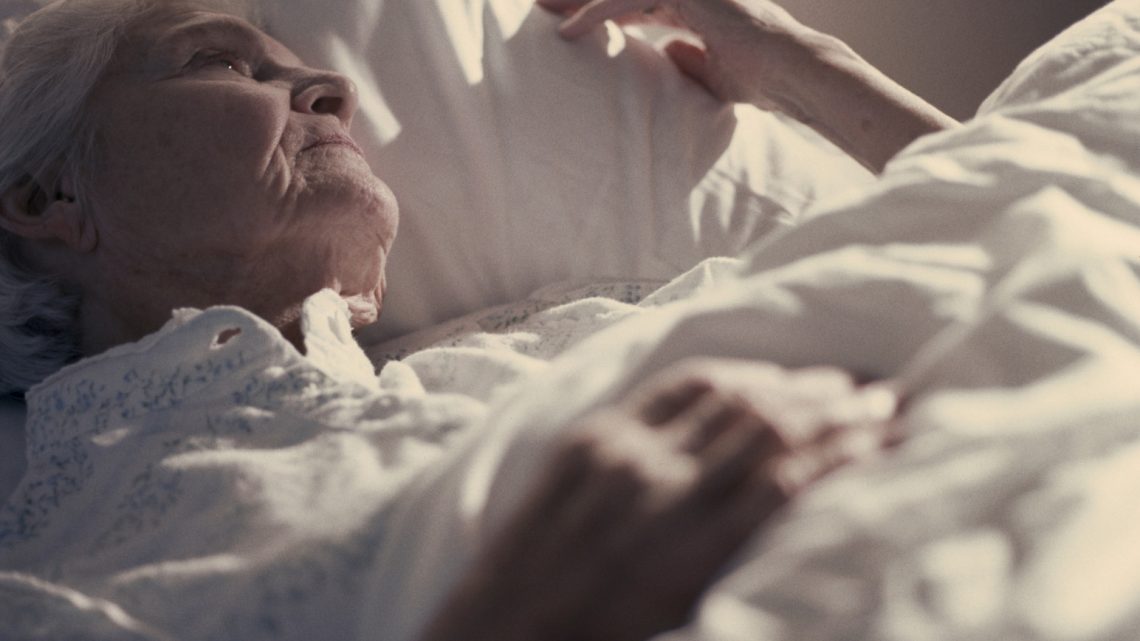Medical malpractice is not always clearly visible. It can hide in the corners of hospitals, nursing homes, rehab facilities and outpatient facilities. Sometimes the marks are visible, other times the trauma is of the emotional variety and invisible to the untrained eye. The physical and emotional damage can be long-lasting, not only to the victim, but to the victim’s family as well.
There are several indicators that medical malpractice may be occurring. If you suspect medical malpractice is occurring, ensure that the proper entities are contacted to help hold those that are responsible held accountable for the negligent actions and pain suffered.
What Should I Do If a Facility Won’t Let Me See My Loved One?
Humans are social beings by nature. Family, friends and loved ones contribute to a better sense of belonging and can improve one’s morale and mood. When an individual is isolated, one can begin to lose interest in previous hobbies and skills that they once enjoyed. These effects can quickly spiral and compound on an individual’s psyche.
While visitations from family members and loved ones are generally appreciated by a patient, a medical facility or long-term care facility may have different rules in place regarding medical visitations. Due to the COVID-19 pandemic, some medical outlets were required to pivot to a policy that limited the amount of visitors in an effort to minimize contact exposure.
What Should I Do If My Loved One Tells Me They’re Fine But I Suspect Otherwise?
In a nursing home or rehabilitation facility, a patient may not be fully transparent with the individuals in their own lives. These patients may be concerned about the care they are receiving, concerned staff may be eavesdropping on personal conversations and/or concerned about the patient’s own safety and well being.
If you are able to visit your loved one in the medical facility or nursing home, examine the patient’s medication along with any bruises, bedsores, marks of distress including blood stains, scabs, contusions and changes in their emotional well-being. If you suspect negligence, abuse or medical malpractice perform research about the facility in question, if necessary remove the patient from the facility.
What Should I Do If I Suspect Medical Malpractice But Can’t See My Loved One?
Generally speaking, if a nursing home or rehabilitation facility refuses a patient’s loved ones from visiting or spending time with a patient in a specific facility, this may be an indicator of negligence or malpractice. However, due to COVID-19 restrictions, certain facilities may prevent the amount of time an individual can spend with their loved ones or limit the occupancy of visitors. If this is the case at the location where your loved one is located, ask about the policy implementation. If these implementations were in place before March 2020, this may be a red flag.
Sometimes a rehabilitation facility will require visitors to the facility to make an appointment for visitation. In certain situations the appointment frames may be limited to thirty minutes. If you believe that this limited amount of visitation time is inadequate, there may be other options available that can extend the length of a visitation, or exemptions that allow a loved one, power of attorney, a conservator or exemptions under the compassionate care act.
Under the Compassionate Care Act, individuals at the end of their lives are allowed to receive the necessary measures for the treatment needed in a setting that is right for them. The compassionate care act aims to ensure that twelve million people with serious illnesses can have a high quality of life by 2030.
What Are My Options For Medical Malpractice Claims?
If you suspect medical malpractice or negligence has occurred, there are a few steps that can be taken:
- Request a Second Opinion – If you are under the impression that a doctor has made an error or a mistake in the diagnosis or prognosis, get a second or third opinion.
- Request Records – All facilities should maintain detailed health records of a patient. These records help outline the medical history of a patient. The information outlined in these records are imperative during a medical malpractice investigation.
- Have a Patient Keep Their Own Records – Whether it be a personal journal or a photo journal, it can be beneficial for a patient, and their loved ones, to keep their own records during ongoing medical treatment. Take notes about the treatment received, any errors and information regarding physical and emotional well-being.
- Contact An Attorney – In certain situations, it can be beneficial to contact an attorney that specializes in medical malpractice cases. A Medical malpractice lawyer can assist with the legal process to help recover compensation for damages suffered. Many medical malpractice attorneys offer free consultations to those that have suffered harm, injuries or distress from a negligent facility.




No Comment